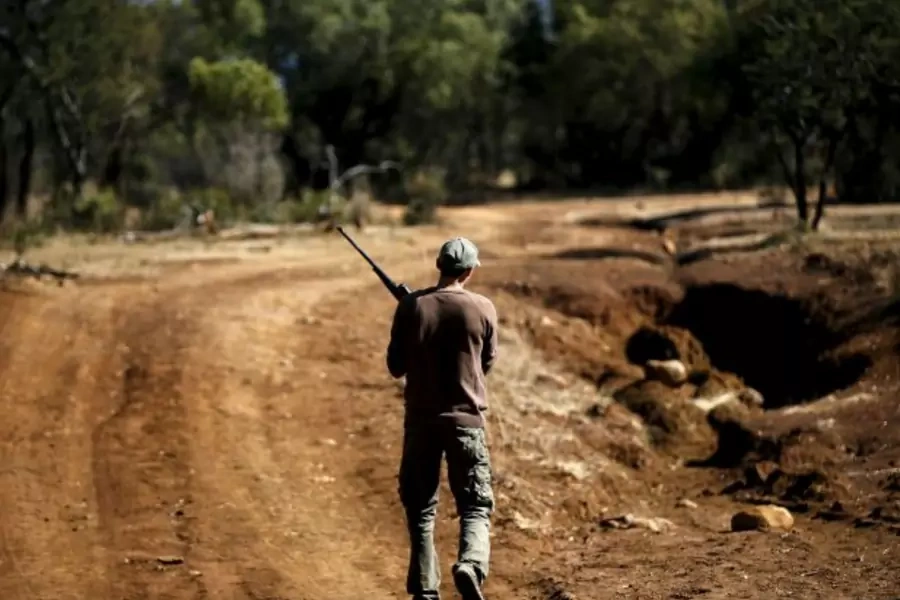More on:
This is a guest post by Emily Mellgard. Emily is a researcher for the Tony Blair Faith Foundation working on their Religion & Geopolitics resource (religionandgeopolitics.org) in London, England, and a former research associate for the CFR Africa program.
Debate over legally hunting Africa’s wildlife has recently moved to the fore of wildlife advocacy and policy conversations. This reflects the current African poaching crisis and was bolstered in July with the killing of Cecil, an iconic lion by an American hunter.
Often emotional in tone, the arguments around big game hunting may have political consequences. Two central aspects of the debate, are the realities of expanding wildlife populations within the limited space of national parks if hunting is banned, and the requirement for effective regulations and monitoring of hunting policies.
Often cited as more of a danger to wildlife populations than poaching or hunting is the fragmentation and enclosure of wildlife habitats due to expanding human populations and development. Without some form of wildlife population control, numbers may boom, putting pressure on the land. If continuous migratory corridors cannot be preserved because of development considerations, then an alternative needs to be found to maintain wildlife populations on disappearing land.
Confined to diminishing spaces and isolated from migration routes to access additional grasslands, African wildlife could overpopulate, overgraze, and induce famine, resulting in plummeting animal numbers. The giants, especially elephants, have a huge impact on their environment, shaping and changing the landscape. Regulated civilian hunting of herbivore populations, such as elephants, and facilitating migration may help keep herd sizes more manageable as well as provide needed meat and industry for local communities – if managed correctly.
Hunting for sport can abrade our sense of fairness, but that does not exclude the possibility that properly regulated and monitored hunting could have a beneficial place in conservation strategies. This would require strong wildlife institutions with strict monitoring of licensing and hunting season parameters where they exist. Quotas would need to be recorded and severe punishments implemented for infractions. This all requires a strong and accountable government and judiciary, functional national and local institutions, and citizens who have been incorporated into the running of their country. All of these are already development and governance priorities for African nations and their international allies and should be considered within the same context.
There are twenty-three African nations that allow trophy hunting. Each has different regulations and varying levels of accountability for the practice. Some countries, including Tanzania, which suffers from chronic corruption and is one of the worst offenders of lion and elephant poaching, allows citizens to practice cropping of herbivore herds for personal consumption and use. In addressing both national development and the current poaching crisis of Africa’s giants, conservation policy should be central to the discussions, especially as tourism plays such a large role in many African nations’ economies. In these discussions the possibility that hunting may have a role to play in conservation, development, and as a case study for strengthening institutions, should be considered.
More on:
 Online Store
Online Store
